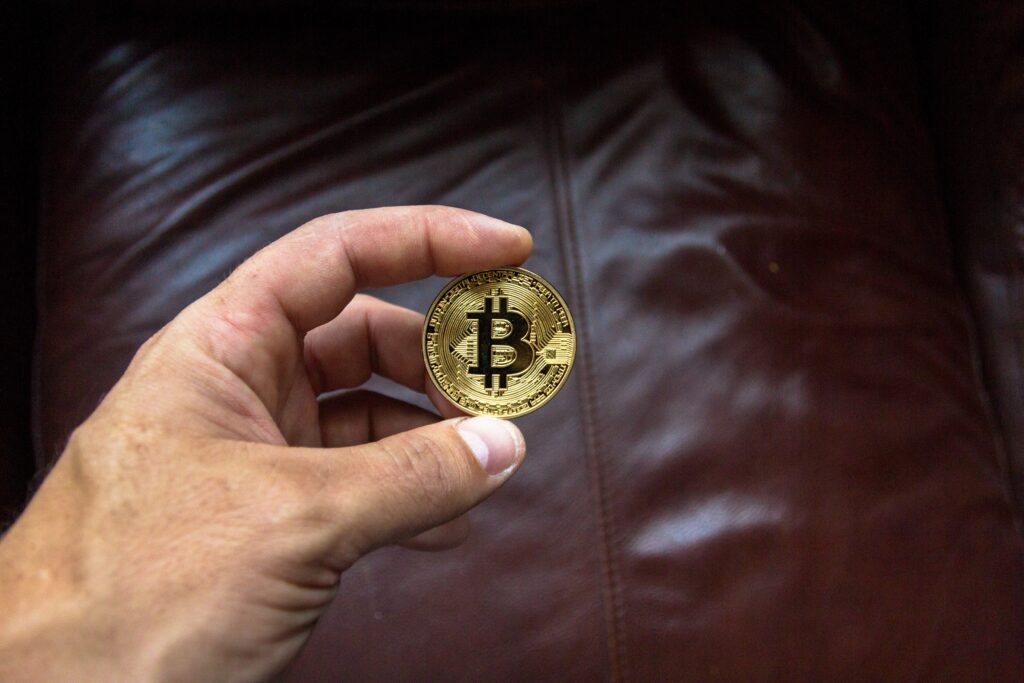The rise of cryptocurrencies and NFTs (non-fungible tokens) has been one of the most significant financial developments of the past decade. Cryptocurrencies such as Bitcoin and Ethereum have skyrocketed in value, while NFTs have exploded in popularity as a way to monetize digital assets. But with all this hype comes risk, and many experts are now asking whether cryptocurrencies and NFTs are a billion-dollar boon or a risky business.
First, let’s look at cryptocurrencies. Bitcoin, the world’s first cryptocurrency, was launched in 2009 and has since been joined by thousands of other cryptocurrencies, including Ethereum, Ripple, and Litecoin. The value of cryptocurrencies is based on blockchain technology, which is a decentralized and secure way to store and transfer information. This has made cryptocurrencies appealing to investors who are looking for a way to protect their wealth from inflation and other economic uncertainties.
However, cryptocurrencies are also highly volatile, and their value can fluctuate wildly in a matter of hours. In 2022, Bitcoin’s value reached an all-time high of $75,000, only to crash by more than 50% in a matter of weeks. This volatility can make it difficult for investors to predict the value of their holdings, and it has led many experts to warn that cryptocurrencies are a risky investment.
In addition, cryptocurrencies have been the target of numerous scams and frauds. In 2021, the founder of a cryptocurrency called Bitconnect was arrested and charged with fraud after allegedly running a Ponzi scheme that defrauded investors of more than $2 billion. This kind of criminal activity has led many governments to consider regulating cryptocurrencies more heavily, which could further impact their value.
Now let’s turn our attention to NFTs. NFTs are a type of cryptocurrency that is used to represent unique digital assets, such as artwork, music, and video games. NFTs have become incredibly popular in recent years, with many high-profile sales reaching into the millions of dollars. For example, in 2021, a digital artwork by Beeple sold for $69 million at Christie’s auction house.
NFTs have been hailed as a way for artists and creators to monetize their digital work, but they also come with risks. For one thing, the value of NFTs is highly subjective and can fluctuate wildly based on market demand. Additionally, the process of creating and selling NFTs is still relatively new, and there is a lot of uncertainty about how the market will develop over time.
Finally, there are concerns about the environmental impact of cryptocurrencies and NFTs. The process of mining cryptocurrencies requires a massive amount of energy, and the environmental cost of this process has been criticized by many environmentalists. NFTs, too, have been criticized for their environmental impact, with some estimates suggesting that the creation and sale of a single NFT can generate as much carbon emissions as a transatlantic flight.
So, are cryptocurrencies and NFTs a billion-dollar boon or a risky business? The answer is that it depends on who you ask. For some investors, the potential rewards of investing in cryptocurrencies and NFTs outweigh the risks. For others, the volatility and uncertainty of these markets make them too risky to invest in.
Ultimately, the future of cryptocurrencies and NFTs will depend on a variety of factors, including regulatory changes, technological developments, and market demand. It is likely that cryptocurrencies and NFTs will continue to be a topic of debate and discussion in the financial world for years to come. As with any investment, it is important for investors to do their own research and carefully consider the risks and potential rewards before investing in these markets.








